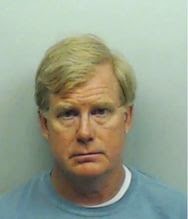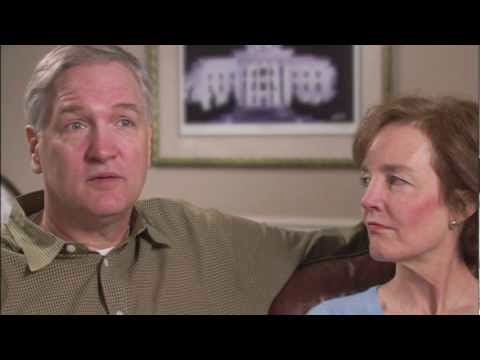A 1909 court case uses strong language to decry "censorship in advance" on matters of free speech. Was the case decided in a coastal state that has become known for its liberal traditions? Nope, it was decided right here in Alabama, in a federal court.
Our thanks to the Popehat blog for unearthing Citizens’ Light, Heat and Power Co. v. Montgomery Light and Water, 171 F. 553 (1909). After reading the key finding in Citizens' Light, one can only wonder how Circuit Judge Claud Neilson issued a preliminary injunction in a defamation case, leading to my incarceration in 2013/2014. That remains a head scratcher, but the words from Citizen's Light leave little doubt that I never should have been subject to an injunction, with resulting contempt and incarceration.
Popehat sets the stage by explaining that equitable remedies, such as an injunction, are improper in defamation cases:
With that as an introduction, let's consider these powerful words from the 1909 Citizens' Light case.Note it's key finding in the first sentence: that an injunction imposed by a single judge in the equity setting amounts to censorship:
Our thanks to the Popehat blog for unearthing Citizens’ Light, Heat and Power Co. v. Montgomery Light and Water, 171 F. 553 (1909). After reading the key finding in Citizens' Light, one can only wonder how Circuit Judge Claud Neilson issued a preliminary injunction in a defamation case, leading to my incarceration in 2013/2014. That remains a head scratcher, but the words from Citizen's Light leave little doubt that I never should have been subject to an injunction, with resulting contempt and incarceration.
Popehat sets the stage by explaining that equitable remedies, such as an injunction, are improper in defamation cases:
An injunction is an equitable tradition because it is only supposed to be imposed when legal remedies — like monetary damages — are unavailable or inadequate. American courts have long held that equity will not enjoin defamation — that courts may not issue an injunction to prohibit someone from committing libel or slander because the victim can always sue for damages.
With that as an introduction, let's consider these powerful words from the 1909 Citizens' Light case.Note it's key finding in the first sentence: that an injunction imposed by a single judge in the equity setting amounts to censorship:
Neither a court of equity, nor any other department of government, can set up a censorship in advance over such matters, and prevent a person from exercising this constitutional right. He has the right to publish, if he chooses to take the consequences. After he has spoken or written falsely, the criminal law can punish him, and the civil courts amerce him in damages. That such redress may not be adequate in all cases, and in some cannot be, is quite apparent; but the remedies named are all that the Constitution permits any court to employ against slanders upon a man’s credit and business standing. The court cannot go outside of the Constitution, or hold that to be an inadequate remedy which the Constitution has declared to be the sole remedy. The wrongs and injury, which often occur from lack of preventive means to suppress slander, are parts of the price which the people, by their organic law, have declared it is better to pay, than to encounter the evils which might result if the courts were allowed to take the alleged slanderer or libeler by the throat, in advance. Citizens’ Light, Heat and Power Co. v. Montgomery Light and Water, 171 F. 553 (1909)



















